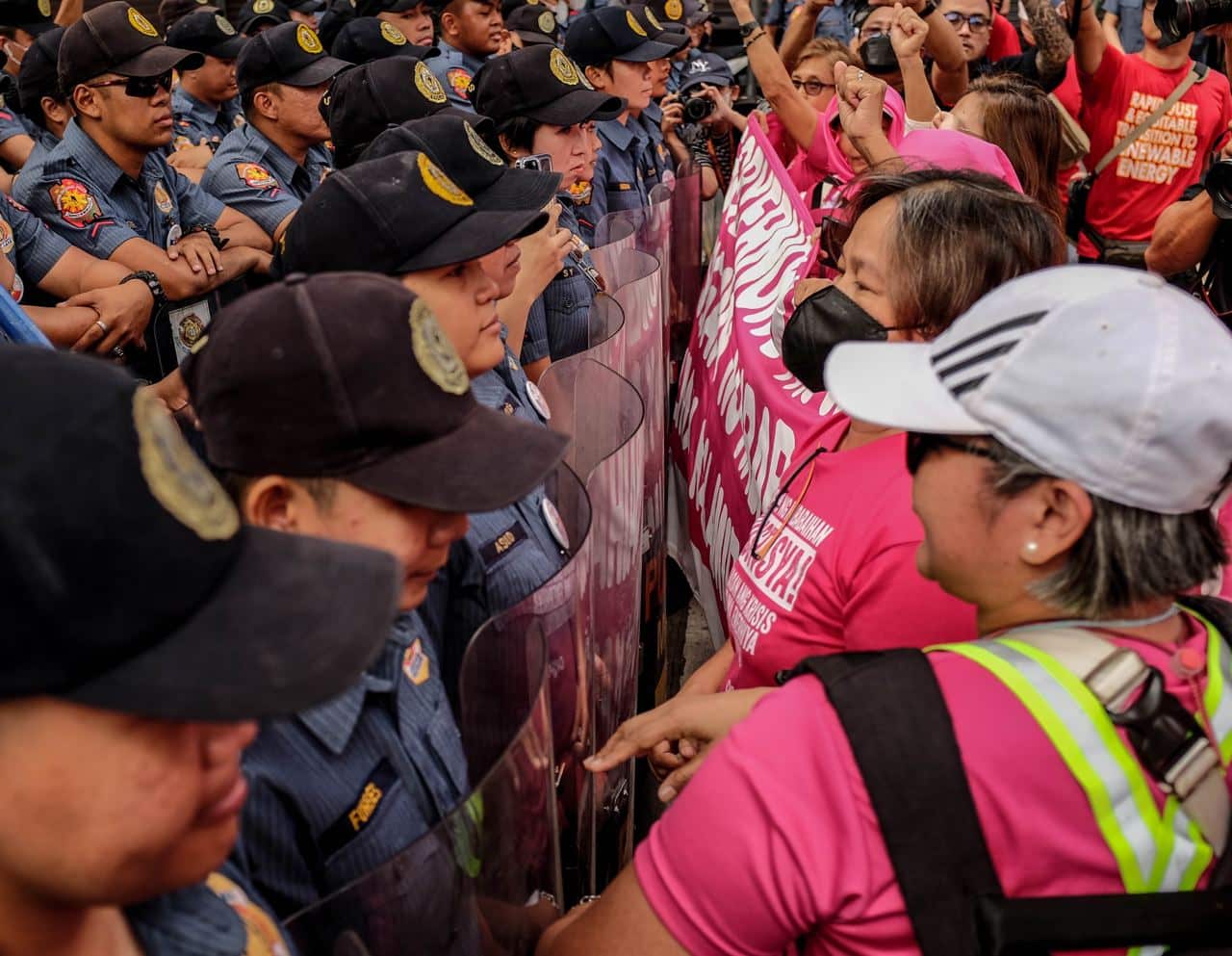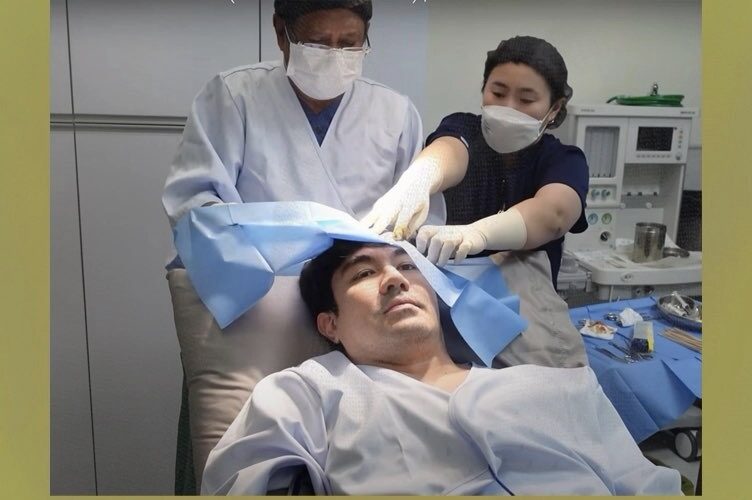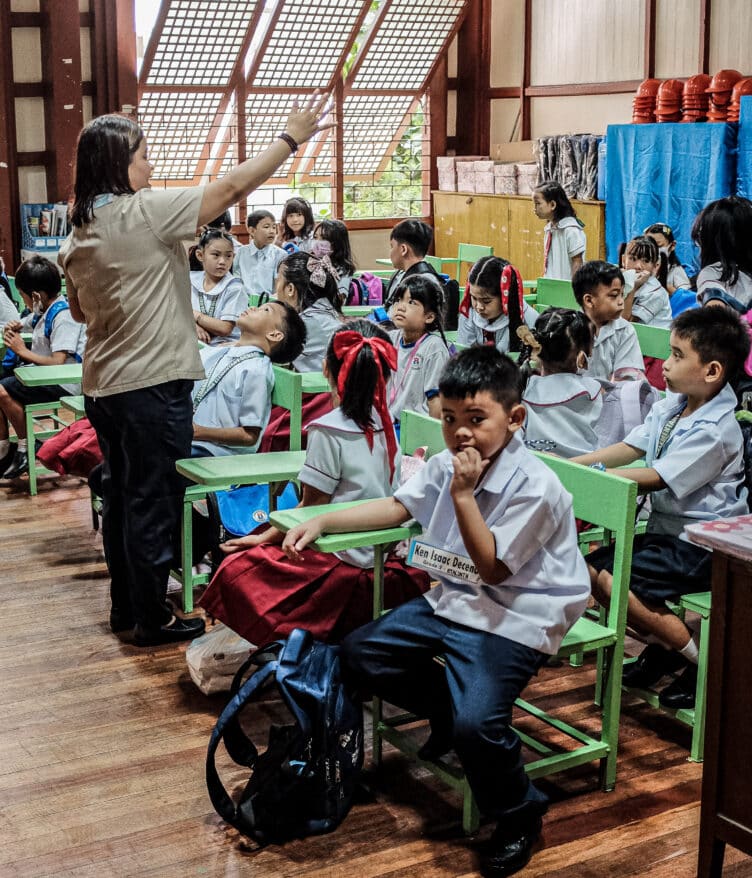WOMEN’S lives could be put at risk because of the gender digital divide, which results in them having less access to the internet, thus limiting their access to lifesaving information, the United Nations warned.
The gender digital divide refers to the gap between men and women’s ability to access and use the internet and digital technologies.
Even with the advent of various digital technologies, women across the world are 18 percent less likely than men to own a smartphone and “far less likely to access or use the internet,” according to UN Resident Coordinator in the Philippines Gustavo Gonzales.
In the past year alone, 260 million more men than women were online. In the Asia-Pacific region, there is a 6 percent gender gap in internet usage, Gonzales noted.
This could put crucial information out of their reach, he said.
This was evident during super typhoon Odette, when some Filipinos lacked access to information about the threat of the impending weather disturbance.
“As we have learned from the humanitarian response to super typhoon Odette, the gender digital divide can limit women’s access to lifesaving information, to mobile money products, to agricultural extensions, and simply to online public services,” he said at the Philippine Commission on Women forum.
This can also prevent girls from accessing their school lessons and women from having their own bank accounts or getting employment, he said.
Women aren’t scared of technology
Gonzales also warned against stereotypes built from a male-dominated society that “dangerously” depict the digital divide as a matter of women and girls’ being averse to technology. This is not the case, he said.
As we learned, the real challenge is not necessarily to train more women or distribute more mobile handsets. Rather, it is to fix institutions and harmful gender stereotypes surrounding technology and innovation that fail women and girls,”
Gonzales
Increasing women’s access to digital technology would greatly benefit them, he said.
It could be the “game changer” that could help reduce poverty and hunger, boost health, and create new jobs. It could also help mitigate climate change, address humanitarian crises, improve energy access and make entire cities and communities safer, which can, in turn, become beneficial and sustainable for women.
SUGGESTED STORIES:
P-pop group VER5US, nag-disband na
NAKATANGGAP ng malungkot na balita ang P-pop community nang magpaalam.
Luis Manzano undergo biopsy after discovering head lump
FILIPINO actor Luis Manzano undewent a biopsy after finding a.
WALANG PASOK: On-site suspensions
SEVERAL Local Government Units suspended onsite classes for Tuesday, May.
Women girls aren’t just consumers of digital products, they are also generators of science and technology, he said.
“Without the insights and creativity of half the world, science and technology will fulfill just half of their potential,” he said.
Decreased gender parity
In 2022, the Global Gender Gap Report revealed that the Philippines dropped two spots in terms of gender parity from rank 17 to 19. It was found that women’s participation in education decreased compared to men in 2022.
The report likewise noted that even though the entire labor force of the country was affected, the share of women participating in the workforce was still 24.5 percentage points lower than the share of men in 2022. This means more men are still dominating the workplace compared to women.
Addressing the gender digital divide
Gonzales said that in order for the Philippines and other nations to address the gender digital divide, the national government should continue to integrate gender equality into the education department’s plans, budget, and policies.
He also called on the national government to include a “human rights-based approach” in computer science, engineering, secondary and tertiary curricula, and to ensure universal digital literacy for education and other empowering purposes.
Bringing technology closer to women
Aside from education, the UN official said that the Philippine government, including other humanitarian organizations, should bring technology and connectivity closer to women as well as to other marginalized groups.
Countries could provide incentives to operators that offer affordable data plans that facilitate women’s connectivity. There could also be policies and programs that subsidize digital services, he said.
Furthermore, there should be labor market policies, including gender-responsive employment policies, that would help increase and ensure the presence and inclusion of women in the workplace.
Improving technology use isn’t enough
Gonzales said it’s not enough to pursue digitalization. This should come with policies and strategies to ensure that women and girls would benefit from this as well.
The UN is working with the Philippines to bring this about.
We’re persuaded that by closing the gender digital divide, we will build a more resilient and inclusive society,”
Gonzales
PH needs to do more
In the same forum, Philippine Commission on Women Deputy Executive Director for Operations Kristine Balmes said there are initiatives to achieve gender equality in the field of information and communication technology, but more effort should be exerted to ensure that women are not left behind.
Citing a Women and ICT Development Index (WIDI) report, Balmes said that approximately 62.7 percent of Filipino women had experienced cybercrime incidents in the Philippines, such as text scams, hacking, and phishing.
While we have made valiant efforts and strides towards gender equality and women’s empowerment, there’s still a lot that needs to be done,”
Kristine Balmes
“And as society continues to move forward and technology and innovation continue to progress, we must ensure that innovation and technology are maximized for gender equality, that we do not leave women behind and that we ensure women and girls are safe and secure in these spaces,” she added.












